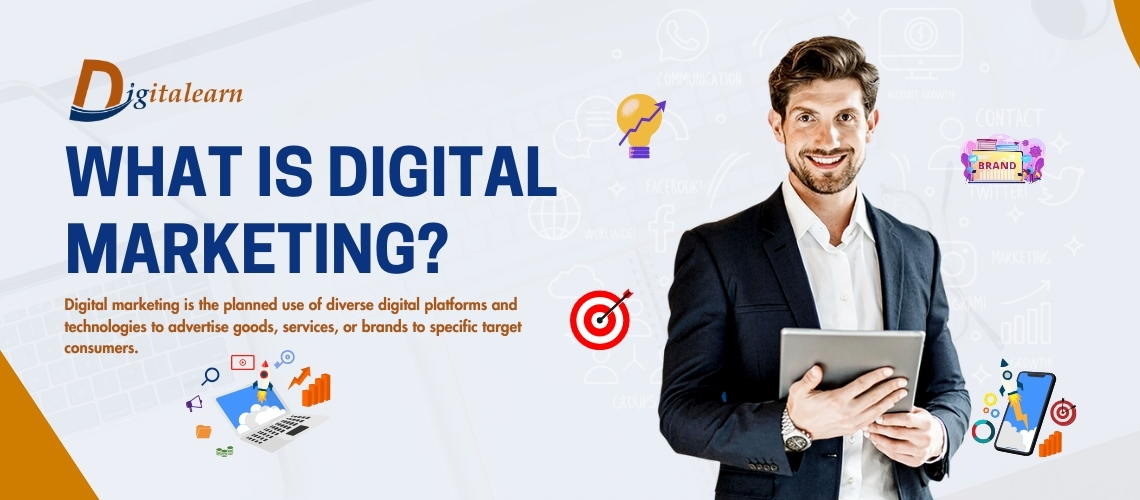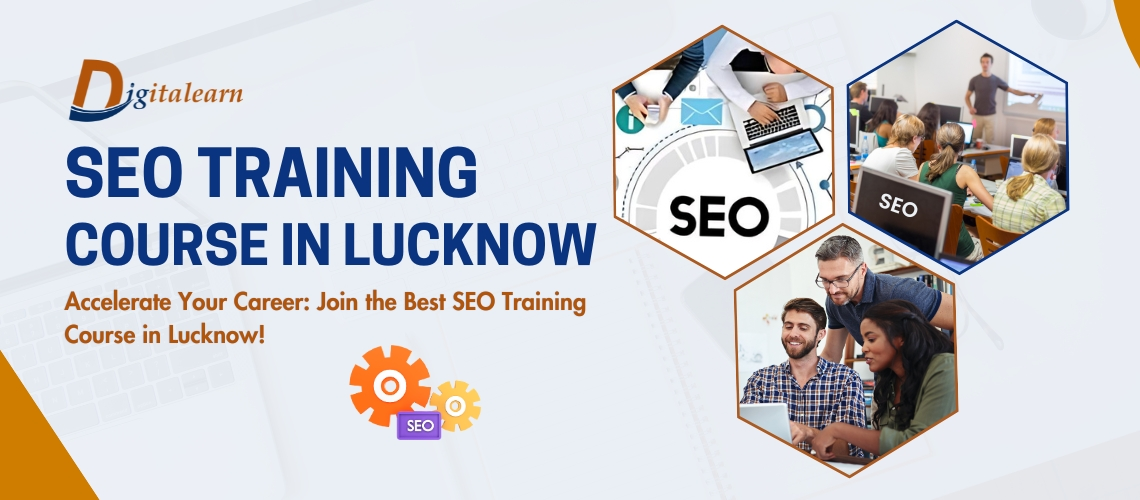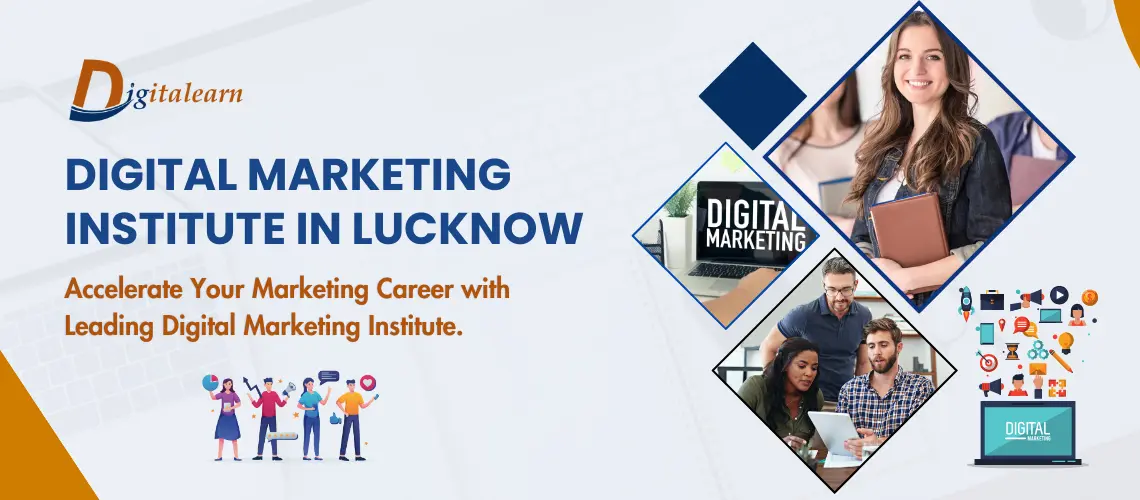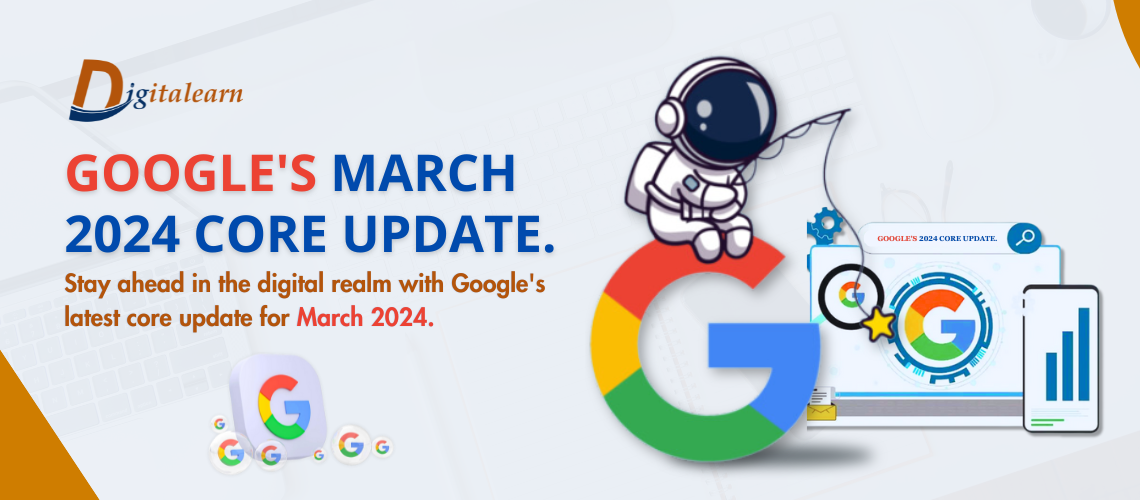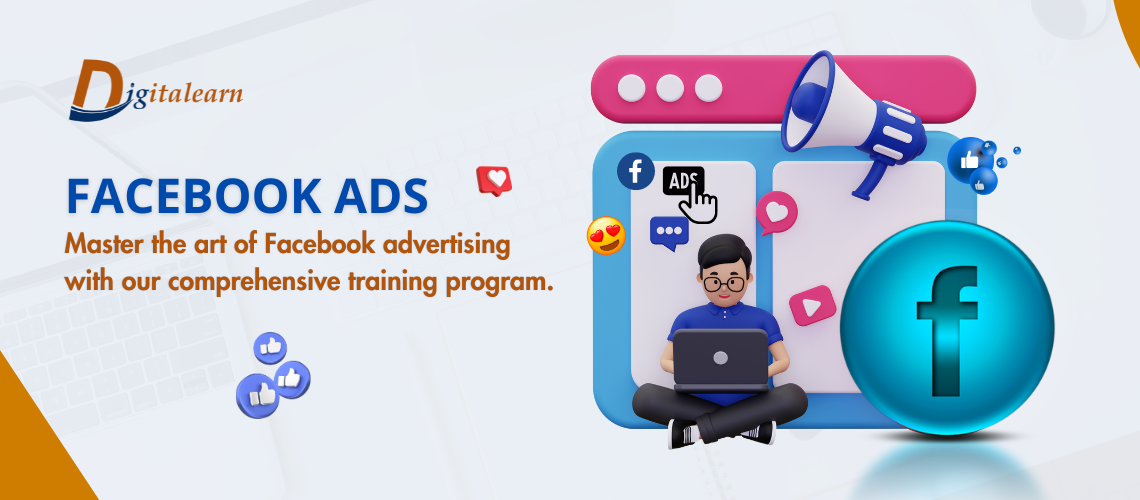
Deciding on the right career path is an essential step toward your future with the digital marketing syllabus. Since the industry is changing rapidly, one needs to go with the trend. Digital Marketing is a whole new concept that has gained immense popularity in recent years. As per the predictions, it will be one of the most flourishing industries in the upcoming years.
What is Digital Marketing?
Digital marketing, commonly known as online marketing, is marketing your business to the audience through online mediums. Online platforms are the most excellent mediums to reach your potential audience. Since people spend a significant amount of time on the internet, it is ideal for marketers to target their audience.
Social media platforms, search engines, emails, multimedia text messages, etc., are the various mediums for which marketers plan their marketing strategies. Compared to the traditional marketing method such as billboards, newspapers, and TV, the marketing campaigns run by digital marketers are data-driven. All the marketing mediums provide statistics about the marketing campaigns run by marketers in the online marketing industry.
Types of Digital Marketing
The field of online marketing is vast. One can have a lucrative career in the industry. Here are the types of Digital marketing that have appeared as a dominant trend in recent years:
Search Engine Optimization (SEO)
Search engine optimization (SEO) refers to the concept of improving the quantity and quality of organic traffic to your website. Have you ever wondered how an individual website manages to appear on top of the web search results?
All this is possible because of SEO. Experts use multiple tools and strategies to bring the websites to the top of the web page results. There is a massive requirement for SEO experts in the industry.
Social Media Marketing (SMM)
SMM or Social Media Marketing typically refers to the concept of targeting the audience on social media platforms. Facebook, Twitter, Instagram, Pinterest, and YouTube are the top social media platforms for marketers. In the present time, people spend a considerable amount of time on social media platforms. That is why it has become a particular field in Digital Marketing.
E-mail Marketing
Electronic Mail Marketing is among the most effective mediums to target your potential audience. Every audience member has an email address because many of them currently own smartphones. Email marketers make strategies to target their potential customers by giving them insightful data to market their products or services.
Content Marketing
Content Marketing is a method of attracting organic traffic to your website to promote your product or service. Marketers require highly rankable content to attract an audience.
Pay-per-click Marketing
Pay-per-click marketing is posting ads on web search engines and paying only when someone clicks on them. Businesses adopt Pay-per-Marketing to bring their websites to the top of the search engine results.
Affiliate Marketing
Affiliate marketing is a method of earning while promoting other’s promoting. Affiliate marketers promote the products and services of others. The affiliate programs will pay you a commission whenever someone purchases by clicking from the link given on your content.
Why choose Digital Marketing as a profession?
- Highly-Demanded: Digital marketing is in a lot of demand at present. The digital industry has a significant impact on other sectors due to its versatile nature. One can have a lucrative career in the field with an opportunity to explore various parts of the corporate world.
- Earnings: In terms of earnings, the online marketing industry is paying well. As the demand for skilled professionals is very high, it is an excellent opportunity for those with skills and expertise in the field. The companies are ready to pay well if you have the relevant skills.
- Diverse Industry: The digital industry is going nowhere in the future. Instead, it will only grow in the upcoming years. One can have tremendous opportunities that are beyond your imagination. Google is changing its algorithms every day to rank a website. That makes the industry more challenging and diverse as new things are launching every day.
- Something new every day: Best part of the Digital Marketing industry is you will never feel bored. Every day, you have to work with new clients on different projects. It makes work-life even more interesting as you don’t have to do the same thing daily.
- Learn at your convenience: Unlike other professions, you don’t have to earn a degree or join a professional institute to learn. You can learn things at your convenience. You can start by taking online courses, working as a freelancer, or gaining internet knowledge. There is an enormous amount of data available on the internet to learn about the industry.
Course and Syllabus-
With different types of digital marketing, like social media marketing, Google Analytics, search engine optimization (SEO), content research and web analytics, email marketing, and others, digital marketing has become a huge topic. Every digital marketing Syllabus, whether it is online or offline, teaches you all the basics of SEO, web creation, content strategy, and Google Analytics.
Components-
Free online digital marketing courses with certifications and short-term digital marketing courses are popular ways to learn digital marketing. No matter what digital marketing course you choose, every digital marketing course syllabus will cover the topics in brief and detail, depending on the duration of the course and the learning outcome.
SEO
SEO (Search engine optimization) is the most critical part of digital marketing. The main topics covered under the SEO syllabus are on-page optimization, off-page optimization, keyword research, Google AdWords, and Google Analytics. Almost all online platforms have SEO courses that cover all the topics in less than a week.
SEM
SEM (Search engine marketing) is a digital marketing strategy that is used to enhance the visibility of a website. The main topics covered under SEM are Introduction to SEM, Campaign Creation, Google AdWords, Ad Creation, and Keyword Targeting.
Social Media Marketing
The majority of organic traffic is supposedly coming from social media; hence, maintaining a good social media strategy is critical. The major topics covered under the Social Media Marketing Syllabus are the definition of social media marketing and social media, blogging, social networking, video creation and sharing, and content creation.
Content Strategy
A successful content strategy is important for organizations to stay ahead and be leaders in their industry. Content strategy helps in planning, executing, and measuring the productiveness of the efforts. The major topics covered under the Content Strategy Syllabus are blogging, article marketing, and content marketing tools.
Web Analytics
Understanding web analytics is essential, as it helps optimize the website for better organic traffic and revenue generation. The major topics covered under the Web Analytics syllabus are Introduction to Web Analytics, Introduction to Audience Reports, Traffic and Content Reports, Campaign Tagging, and Reporting Linking.
Email Marketing
Email marketing strategies help businesses engage with customers, nurture leads, and drive conversions through emails. The email marketing syllabus covers several important topics, like the importance of email marketing and creating and tracking e-mails.
E-commerce and Digital Marketing
E-commerce and digital marketing are interconnected. Digital marketing connects brands with people, while e-commerce helps several brands sell products. The topics covered in the E-commerce and Digital Marketing syllabus are management of an e-commerce store, ensuring a positive customer experience, e-commerce marketing, inventory management, keyword research, supply chain management, and uploading products to the website.





